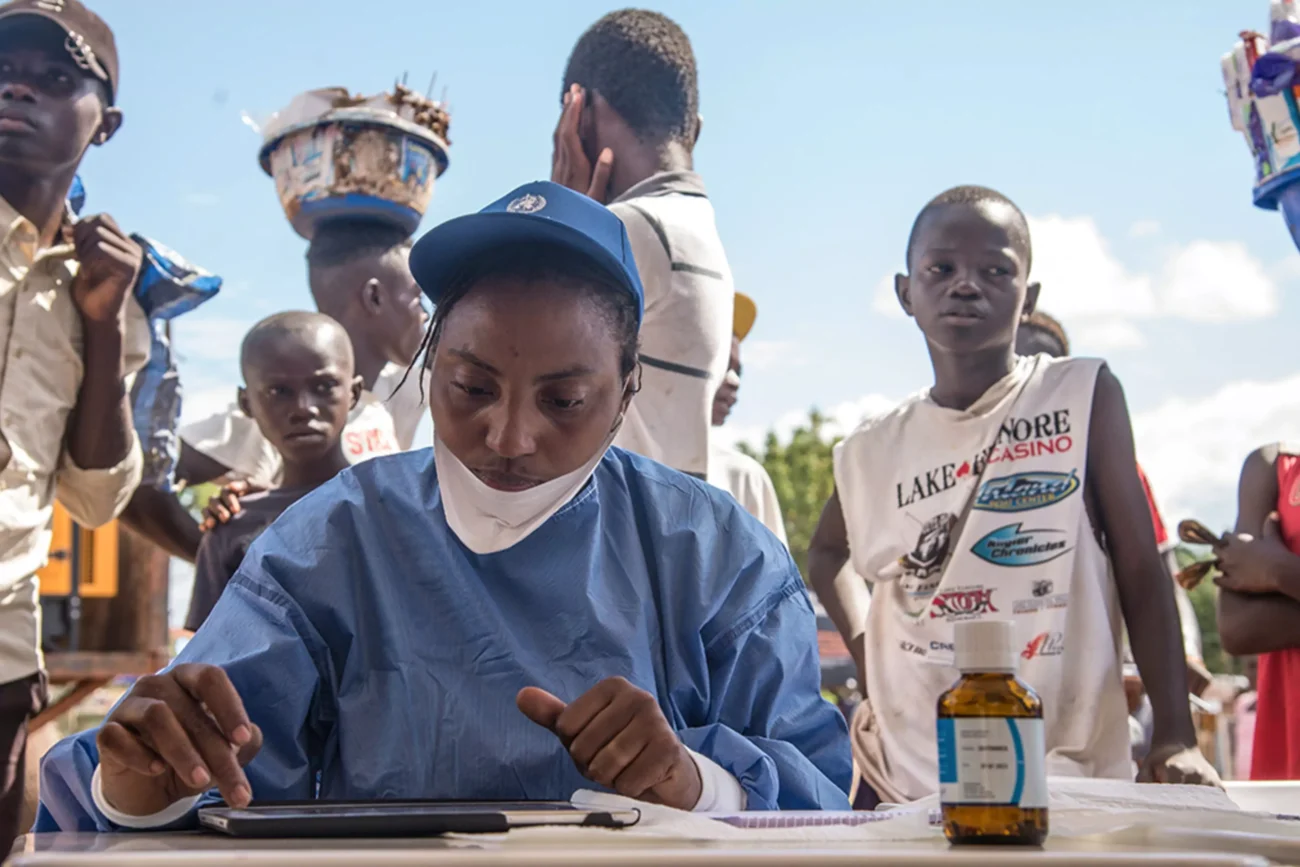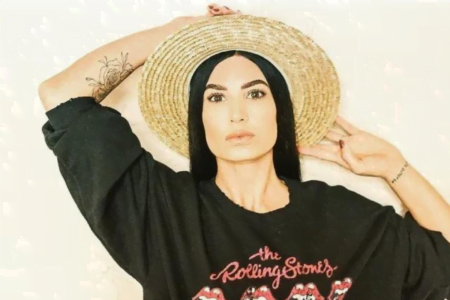On Wednesday, the World Health Organization reported that in 2021, an estimated 16 billion vaccine doses, valued at $141 billion, were supplied.
The supply is almost triple the market’s volume in 2019 (5.8 billion) and almost three-and-a-half times its value ($38 billion).
In its first data on the global vaccine market released since COVID-19, the WHO made this disclosure on Wednesday.
The increase, according to the international health organization, was primarily caused by COVID-19 vaccines, demonstrating the incredible potential of how vaccine production can be scaled up in response to medical needs.
Although manufacturing capacity has grown globally, it is still very concentrated, according to the report.
“Ten manufacturers alone provide 70 per cent of vaccine doses (excluding COVID-19). Several of the top 20 most widely used vaccines (such as PCV, HPV, measles and rubella-containing vaccines) each currently rely mainly on two suppliers.
“This concentrated manufacturing base leads to risk of shortages as well as regional supply insecurity. In 2021, the African and Eastern Mediterranean regions were dependent on manufacturers headquartered elsewhere for 90 per cent of their procured vaccines. Entrenched intellectual property monopolies and limited technology transfer further limit the ability of building and using local manufacturing capacity.
“The health of markets is also concerning for several of the vaccines commonly needed for emergencies, such as against cholera, typhoid, smallpox/monkeypox, Ebola, and meningococcal disease, where demand surges with outbreaks and is hence less predictable. The continued limited investment in these vaccines could be devastating for people’s lives,” it said.
The WHO stated that despite recent advancements, the dynamics of the global vaccine market are not entirely supportive of the creation, supply, and accessibility of essential vaccines for public health.
The WHO-prioritized vaccines, it continued, are not being fully developed or funded due to their low financial viability.
“Lower-income countries have struggled to access critical vaccines – such as against COVID-19 in 2021 and cervical cancer vaccine – that are in demand by wealthier countries.
“Some regions depend almost entirely on others for vaccine supply,” the WHO said in a press statement made available to our correspondent.
WHO requests ambitious action from all parties to ensure equitable access to vaccines and enhance preparedness for pandemics in the future.
“WHO’s Global Vaccine Market Report 2022, published today, shows that inequitable distribution is not unique to COVID-19 vaccines, with poorer countries consistently struggling to access vaccines that are in-demand by wealthier countries.
“Limited vaccine supply and unequal distribution drive global disparities. The human papillomavirus (HPV) vaccine against cervical cancer has only been introduced in 41 per cent of low-income countries, even though they represent much of the disease burden, compared to 83 per cent of high-income countries.
“Affordability is also an obstacle to vaccine access. While prices tend to be tiered by income, price disparities see middle-income countries paying as much – or even more – than wealthier ones for several vaccine products,” it said.
“The right to health includes the right to vaccines,” said WHO Director-General, Dr. Tedros Ghebreyesus. “And yet this new report shows that free-market dynamics are depriving some of the world’s poorest and most vulnerable people of that right. WHO is calling for much-needed changes to the global vaccine market to save lives, prevent disease and prepare for future crises.”
The Immunization Agenda 2030 (IA2030) goals and efforts to prevent, prepare for, and respond to pandemics are highlighted in the report as opportunities for greater alignment of vaccine development, production, and distribution with a public health agenda.
“COVID-19 proved that vaccines can be developed and distributed rapidly, with a process lasting an average of ten years but never less than four years, compressed to 11 months. The pandemic also exposed the long-standing need to recognise vaccines as a fundamental and cost-effective public good rather than a commodity.
“To drive ambitious action to deliver equitable access to vaccines, the report calls on governments to act on: clear immunization plans and more aggressive investment and stronger oversight of vaccine development, production and distribution; regional research and manufacturing hubs; and pre-agreeing rules for government collaboration in times of scarcity on issues such as vaccine distribution, intellectual property and the circulation of inputs and goods.
“Recommended actions for the industry include: focusing research efforts on WHO priority pathogens, ensuring transparency, facilitating technology transfer, and committing to specific equity-driven allocation measures. International organizations and partners should prioritize Immunization Agenda 2030 goals, support country-driven initiatives and push for the application of resolutions on market transparency,” it added.







